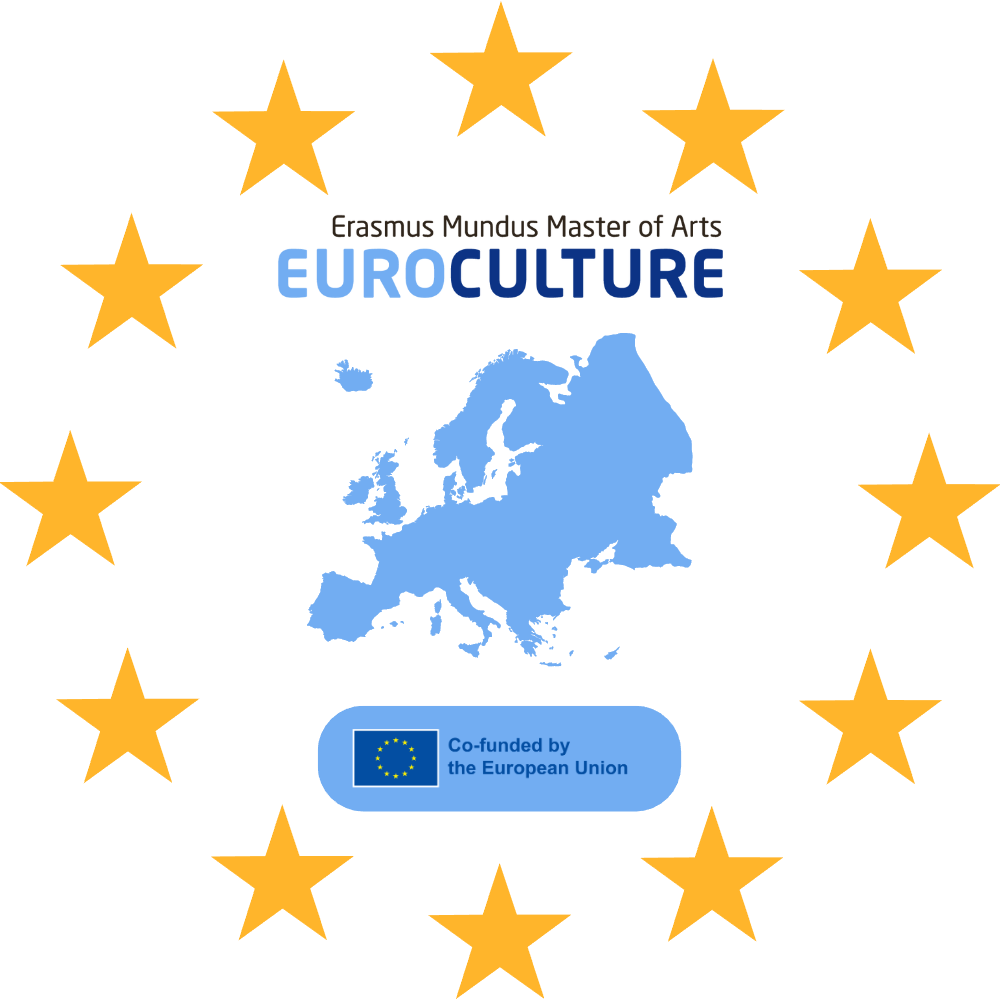
Subtheme 3
Care: Societies
In the contemporary European landscape, marked by intensified polarisation and fragmentation, the notions of care and solidarity acquire renewed analytical and practical urgency. These are not only ethical dispositions but modes of social imagination. They are frameworks for rethinking how societies organize interdependence, vulnerability, and collective responsibility in times of uncertainty and difference.
Following Puig de la Bellacasa (2017), care can be understood as an ethical and political practice that foregrounds the maintenance of shared worlds and the ongoing labour of sustaining life. This approach shifts analytical attention from institutional systems of providing care to the distributed networks of support, repair, and attention through which collective existence is imagined and enacted. As such, care forms the basis of an alternative politics of interdependence; an “infrastructure of feeling” that can remake the conditions of democracy itself. It resonates with Hobart and Kneese’s (2020) notion of radical care, where interdependence becomes a strategy of survival and collective world-making amid precarity.
Solidarity, in turn, has been reinterpreted within feminist and utopian traditions as both practice and horizon. Ewa Majewska (2018) reclaims solidarity as a radical, counterpublic practice emerging from situated struggles rather than abstract universalisms. Across Europe, this imagination of solidarity materialises in transnational research networks, cross-border civic alliances, and artistic and educational collaborations that link local initiatives to broader European concerns.
Within the framework of the IP, care and solidarity are approached as imaginative infrastructures—conceptual and practical conditions through which Europe’s fragmented realities might be rehearsed as interdependent. They inform the design of collective inquiry and experimentation, shaping how participants engage with one another and with the multiple contexts in which the programme unfolds. Workshops, collaborative labs, and public enactments provide spaces for exploring how care can be practiced as attentiveness to situated social, ecological, and affective conditions, and how solidarity may emerge through processes of co-creation, translation, and shared struggle.
Practically, this sub-theme invites students to reflect on how care and solidarity operate as imaginative infrastructures for collective world-making in contemporary Europe. Students engaging with the theme of care and solidarity are invited to explore how these can be understood as political infrastructures that sustain and reconfigure Europe’s connective tissue. Rather than private sentiments, care and solidarity can be examined as practices of repair, maintenance, and co-creation that resist fragmentation and enable democratic renewal. Research might trace how feminist, postcolonial, and post-socialist traditions reimagine solidarity beyond universalist conceptions of “Europe,” or how institutions—museums, NGOs, parliaments, universities—can be repurposed as sites of collective belonging and disobedient cooperation. Artistic, curatorial, and civic initiatives may serve as laboratories for rehearsing solidarity across borders, while ecological and digital movements foreground interdependence as a political principle. Finally, students are encouraged to consider imagination itself as a research method—one grounded in attentiveness, collaboration, and care.
Reading list for subtheme 3
Hobart, Hi ‘ilei Julia Kawehipuaakahaopulani and Tamara Kneese (2020). "Radical Care: Survival Strategies for Uncertain Times." Social Text 38, no. 1: 1-16.
Krystalli, Roxani, and Philipp Schulz. "Taking love and care seriously: An emergent research agenda for remaking worlds in the wake of violence." International Studies Review 24, no. 1 (2022): viac003.
Majewska, Ewa Alicja (2018). “The Utopia of “Solidarity” Between Public Sphere and Counterpublics: Institutions of the Common Revisited.” Utopian Studies 29, no. 2: 229-247
Puig de la Bellacasa, Maria (2017). Matters of Care: Speculative Ethics in More than Human Worlds. Minnesota: University of Minnesota Press
The Care Collective (2020), The Care Manifesto: The Politics of Interdependence. New York: Verso Books.




